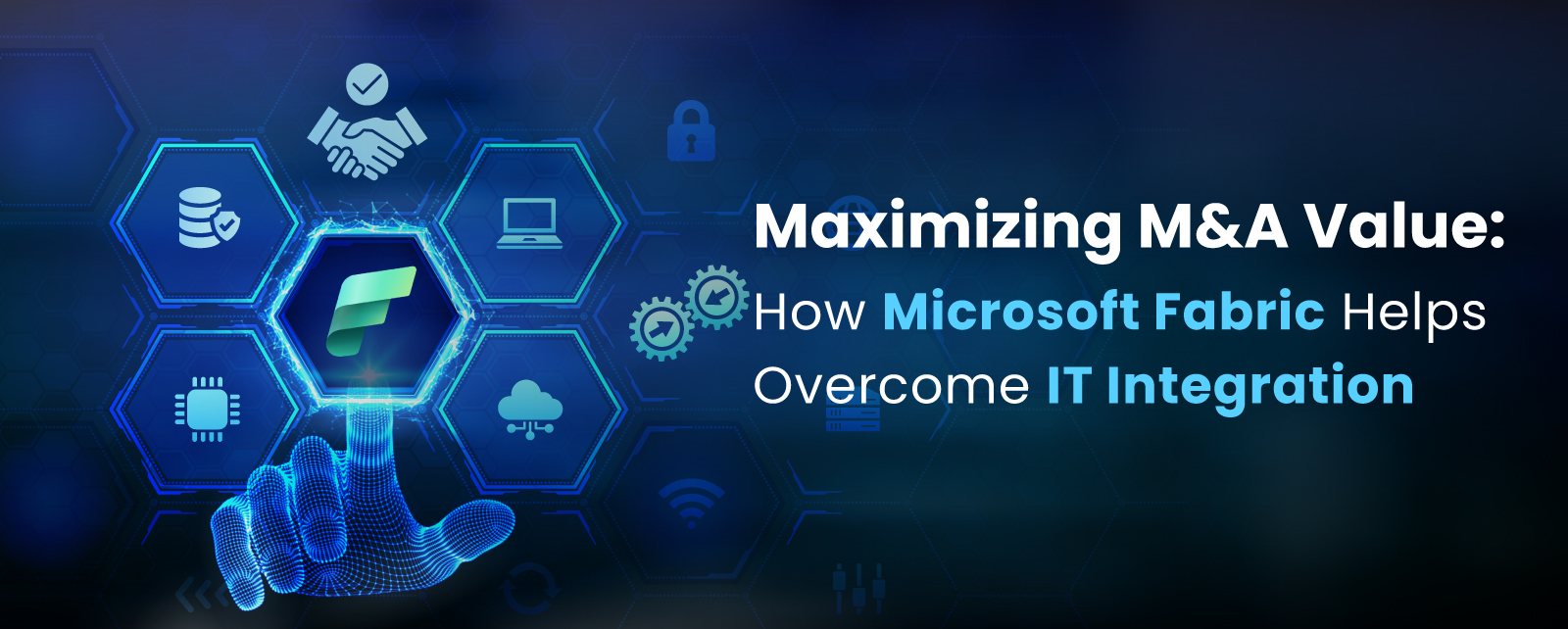
Mergers and acquisitions (M&A) are strategic imperatives for organizations seeking growth, diversification, and competitive advantage. Usually, M&A activities facilitate market expansion, cost synergies, revenue growth, and enhanced operational efficiency, yet doubts persist about companies’ ability to create value through acquisitions. While acquiring firms can boost top-line growth, economists and M&A experts question if acquisitions truly enhance bottom-line performance, particularly in creating shareholder value.
A large part of M&A success hinges on post-merger integration (PMI) wherein seamless integration of IT systems and infrastructure plays a pivotal role in amplifying the strengths of the combined entity. Research by Harvard Business Review finds that successful M&A strategies prioritize value creation through synergies, operational efficiencies, and strategic alignment and cites the failure of Daimler’s acquisition of Chrysler as an example which did not integrate to take advantage of Chrysler’s modular sourcing model which cut down the cycle time for assembly and design.
Studies find failure rates of M&A in upwards of 70% and PMI is a leading cause of failure. While other factors such as culture, employee, and process integration are important factors in PMI, they are underpinned by IT integration.
Criticality of IT Integration
Effective IT integration is crucial as modern businesses heavily rely on IT and automation. Harmonization of disparate systems, processes, and data expedites decision-making with insights to realize the value of the merged entity faster. However, integrating IT systems is fraught with challenges due to heterogeneous IT environments, coordination with other work streams, and time constraints. Often challenges emanate from integrating legacy applications and with the growing popularity of multi-cloud strategies integration challenges have increased.
Historically, IT complexities have hindered the realization of expected value in M&As. In the age of digital transformation when speed and scale determine competitiveness, IT integrations must be fast and swift.
Data-centric PMI with Microsoft Fabric
In the traditional approach, synergies are realized late in the PMI process, sometimes after 12 months. While a data-centric approach focuses on pre-planned technology synergies by continuously discovering and capturing value. Business decisions are guided by insights and synergies are realized in a continuous manner.
A data-centric approach to PMI is facilitated by modern-day platforms such as Microsoft Fabric which converge data, analytics, and AI into a single unit. This empowers M&A professionals to unlock the potential of unified data and lay the foundation for PMI early in the process. A SaaS-based platform, Microsoft Fabric makes integration simple, and organizations do not need to piece together different services from multiple vendors to implement a comprehensive analytics solution that covers data movement, data science, real-time analytics, and business intelligence.
NewVision integrated the merged systems of a leading provider of support platforms for orthodontists in the US, which had an acquisition-led growth strategy. Using Microsoft Fabric, NewVision designed a solution around three tenets—reduce data-to-insights duration; empower business users to derive insights; and create a single source of truth. It has empowered the business to expand seamlessly aided by a robust platform to accommodate current and future data sources from acquired practices, wherein data from all sources can be cleaned, transformed, and aggregated via a source-agnostic data layer built on a data warehouse in Microsoft Fabric’s One Lake with Power BI capabilities.
If you want to know more about PMI and how Microsoft Fabric can expedite the process, contact us.
In conclusion, the success of mergers and acquisitions hinges on effective IT integration, which not only ensures operational continuity but also amplifies the value derived from the combined entity. As organizations continue to pursue M&A strategies to drive growth and competitiveness, prioritizing comprehensive IT integration efforts remains paramount in realizing the full potential of these strategic transactions.

